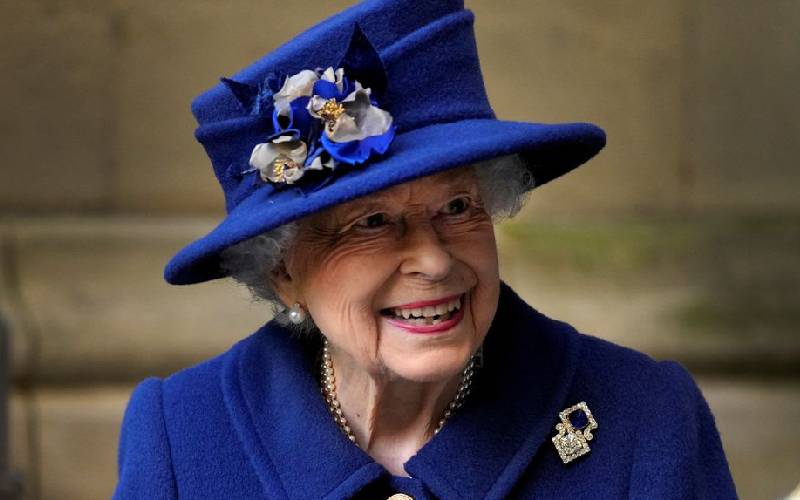×
The Standard e-Paper
Stay Informed, Even Offline

Queen Elizabeth leaves after a service at Westminster Abbey, London, October 12, 2021. [Reuters]
Different from what it was in the 19th and early 20th centuries, the modern Commonwealth of Nations is largely a product of two conflicting forces about the future of the empire. One was on increasing decision-making powers in the various parts of the empire or dominions.